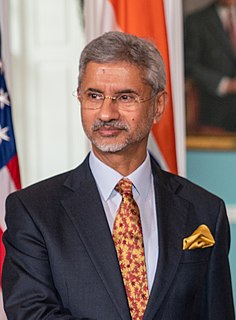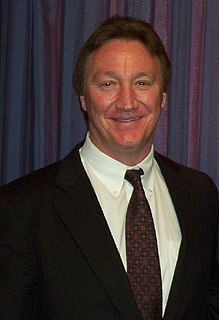A Quote by Robert J. Eaton
Both companies have product ranges with world-class brands that complement each other perfectly. Our companies share a common culture and mission. By realizing synergies and with our combined financial and strategic strengths, we will be ideally positioned in tomorrow's marketplace.
Related Quotes
I see "demand creation" as a 20th-century construct that's bound up with advertising. It's an outmoded view of marketing that says, "First, we build a product or service, then we advertise it into people's lives." Embedded this view is the belief that companies control brands. This is a myth. My message all along has been that brands are actually created by customers, not companies. Companies only provide the raw materials - the products, messaging, behaviors - that people use these to create brands.
We have full disclosure in transparency of our audited, our financial audits. It's on our Web site. It is, I think 16 or 20- something pages, which most public companies or private companies and most ministries don't disclose. So we have always operated with financial integrity and full transparency.
Too many companies are reluctant to share technical information about threats with each other, and most open platforms and tools don't see widespread adoption. As a result, lots of us are reinventing the wheel and solving the same problems without realizing that our neighbors have already built great solutions.
Where you have complexity, by nature you can have fraud and mistakes. You'll have more of that than in a company that shovels sand from a river and sells it. This will always be true of financial companies, including ones run by governments. If you want accurate numbers from financial companies, you're in the wrong world.
The universe that we inhabit and our shared perception of it are the results of a common karma. Likewise, the places that we will experience in future rebirths will be the outcome of the karma that we share with the other beings living there. The actions of each of us, human or nonhuman, have contributed to the world in which we live. We all have a common responsibility for our world and are connected with everything in it.
I’ve seen how important this concept is in business. To be truly successful, companies need to have a corporate mission that is bigger than making a profit. We try to follow that at salesforce.com, where we give 1% of our equity, 1% of our profits, and 1% of our employees’ time to the community. By integrating philanthropy into our business model our employees feel that they do much more than just work at our company. By sharing a common and important mission, we are united and focused, and have found a secret weapon that ensures we always win.
































